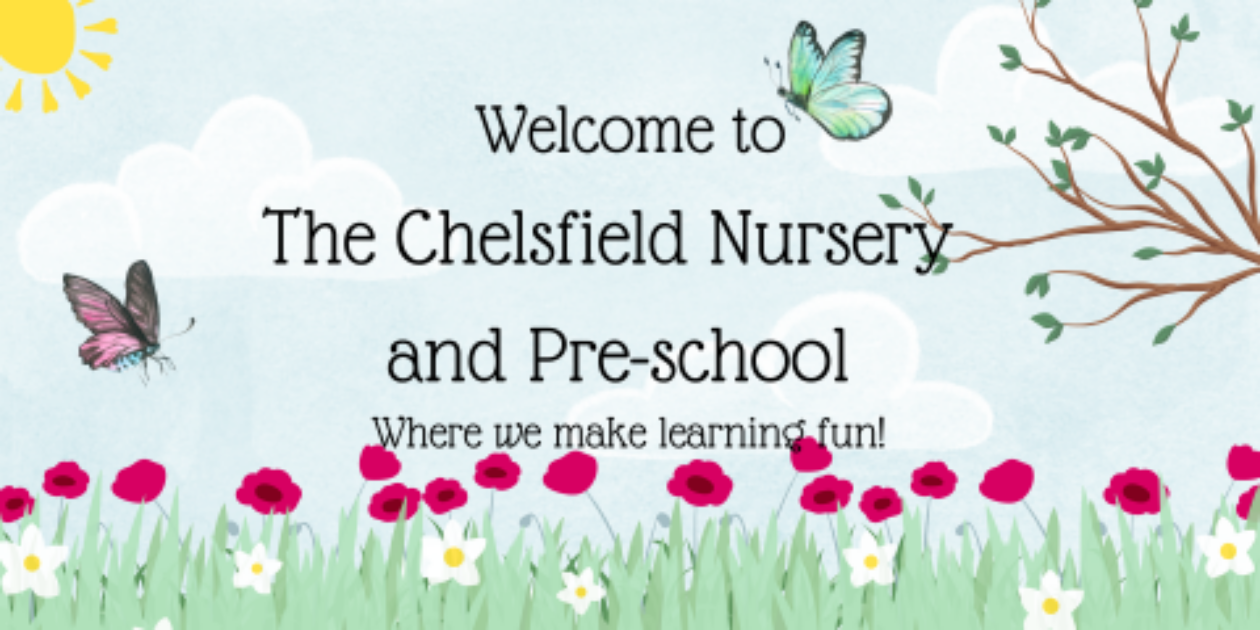Latest information on the transmission of Covid 19 July 21 2021
transmission briefing covid 19
Government guidelines for Coronavirus COVID-19.
We would just like to update everyone with the latest advice from the Department of Education in response to the Coronavirus. We are continuing to monitor all government advice released and actively enforcing all necessary requirements to help prevent the spread of the COVID-19. At present the advice stands that school attendance still remains other than those with symptoms, which you should then follow the self-isolation guidance (as stated below). It is paramount that you inform us with any suspected or confirmed case to help us monitor the risk of outbreak and spread of infection. Please read the following information presented by the Government as guidelines.
What is Coronavirus? :
The incubation period of COVID-19 is between 2 and 14 days. This means that if a person remains well 14 days after contact with someone with confirmed coronavirus, it is unlikely that they have been infected.
The following symptoms may develop in the 14 days after exposure to someone who has COVID-19 infection:
- cough
- difficulty in breathing
- fever
Generally, these infections can cause more severe symptoms in people with weakened immune systems, older people, and those with long-term conditions like diabetes, cancer and chronic lung disease. There is no evidence that children are more affected than other age groups – very few cases have been reported in children.
How is the virus spread? :
There are 2 routes by which people could become infected:
- secretions can be directly transferred into the mouths or noses of people who are nearby (within 2 metres) or could be inhaled into the lungs
- it is also possible that someone may become infected by touching a surface or object that has been contaminated with respiratory secretions and then touching their own mouth, nose, or eyes (such as touching a door knob or shaking hands then touching own face)
How to prevent the spread of COVID-19:
There are general principles anyone can follow to help prevent the spread of respiratory viruses, including:
- washing your hands often – with soap and water, or use alcohol sanitiser if handwashing facilities are not available. This is particularly important after taking public transport
- covering your cough or sneeze with a tissue, then throwing the tissue in a bin. See Catch it, Bin it, Kill it
- people who feel unwell should stay at home and should not attend work or any education or childcare setting
- pupils, students, staff and visitors should wash their hands:
- before leaving home
- on arrival at school
- after using the toilet
- after breaks and sporting activities
- before food preparation
- before eating any food, including snacks
- before leaving school
- use an alcohol-based hand sanitiser that contains at least 60% alcohol if soap and water are not available
- avoid touching your eyes, nose, and mouth with unwashed hands
- avoid close contact with people who are unwell
- clean and disinfect frequently touched objects and surfaces
- if you are worried about your symptoms or those of a child or colleague. Please call NHS 111. Do not go directly to your GP or other healthcare environment.
What to do if children, pupils, students or staff become unwell and believe they have been exposed to COVID-19:
Call NHS 111, or 999 in an emergency (if they are seriously ill or injured or their life is at risk), and if appropriate, explain which country they have returned from in the last 14 days. You can do this on their behalf if this is easier. People who become unwell should be advised not to go to their GP, pharmacy, urgent care centre or a hospital.
What to do if a case of COVID-19 (pupil, student or staff) is suspected in your childcare or education setting :
If anyone has been in contact with a suspected case in a childcare or educational setting, no restrictions or special control measures are required while laboratory test results for COVID-19 are awaited. There is no need to close the setting or send other learners or staff home. As a precautionary measure, the NHS are currently testing a very large number of people who have travelled back from affected countries, the vast majority of whom test negative. Therefore, until the outcome of test results is known there is no action that staff members need to take apart from cleaning specific areas.
What to do if a case of COVID-19 (pupil, student or staff) is confirmed in your childcare or education setting :
The childcare or educational setting will be contacted by the local Public Health England Health Protection Team to discuss the case, identify people who have been in contact with them and advise on any actions or precautions that should be taken. An assessment of each childcare or education setting will be undertaken by the Health Protection Team with relevant staff. Advice on the management of pupils or students and staff will be based on this assessment.
If there is a confirmed case, a risk assessment will be undertaken by the educational establishment with advice from the local Health Protection Team. In most cases, closure of the childcare or education setting will be unnecessary but this will be a local decision based on various factors such as establishment size and pupil mixing.
Please see all attached advice below to help prevent the spread of infection and protect yourself and your family.
Coronavirus_Advice_for_Education_Settings_
Advice and Protocols from the DofE regarding COVID-19
https://www.thechelsfieldpre-school.com/covid-example-workplace-risk-assessment-003_0/
